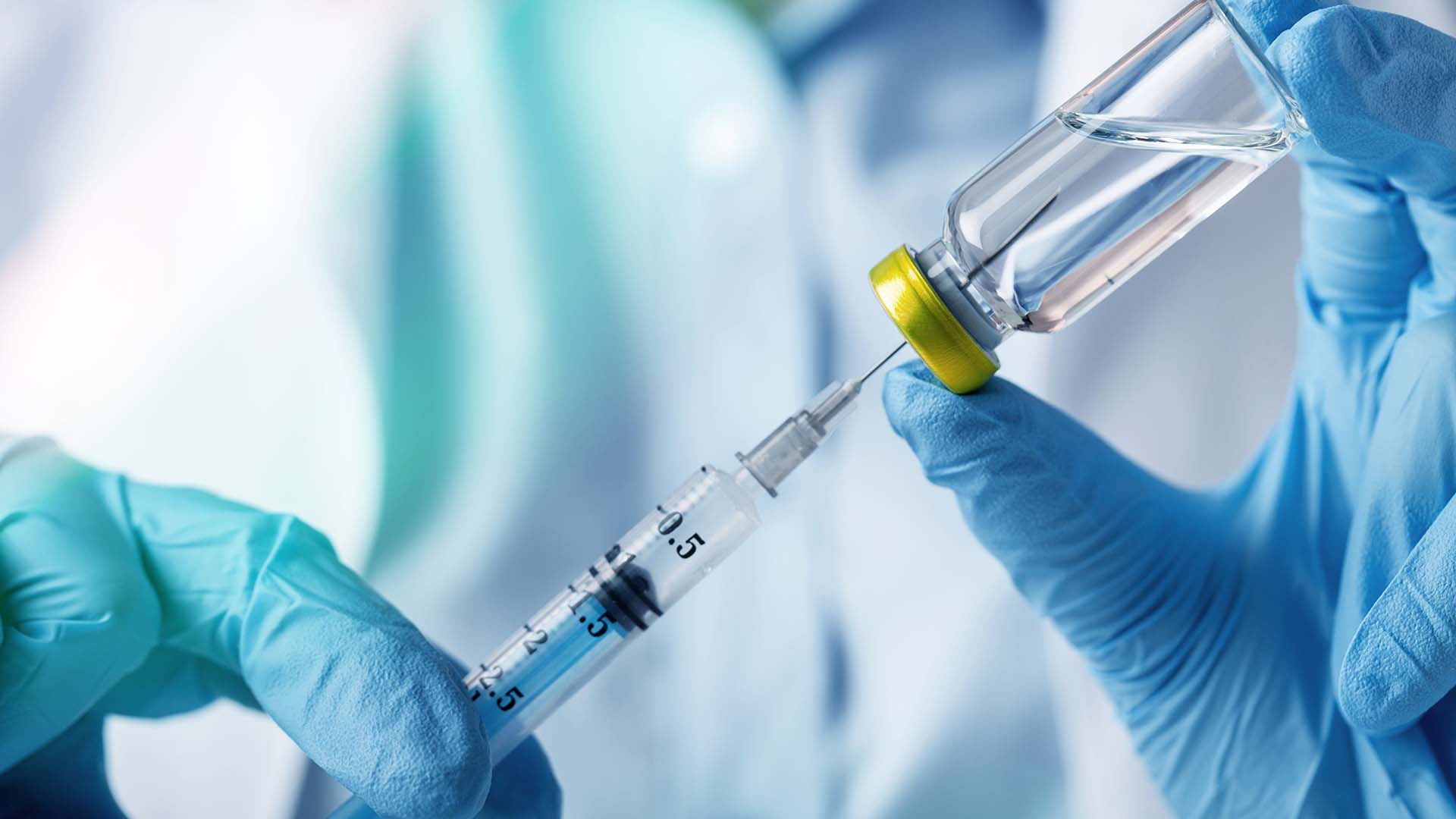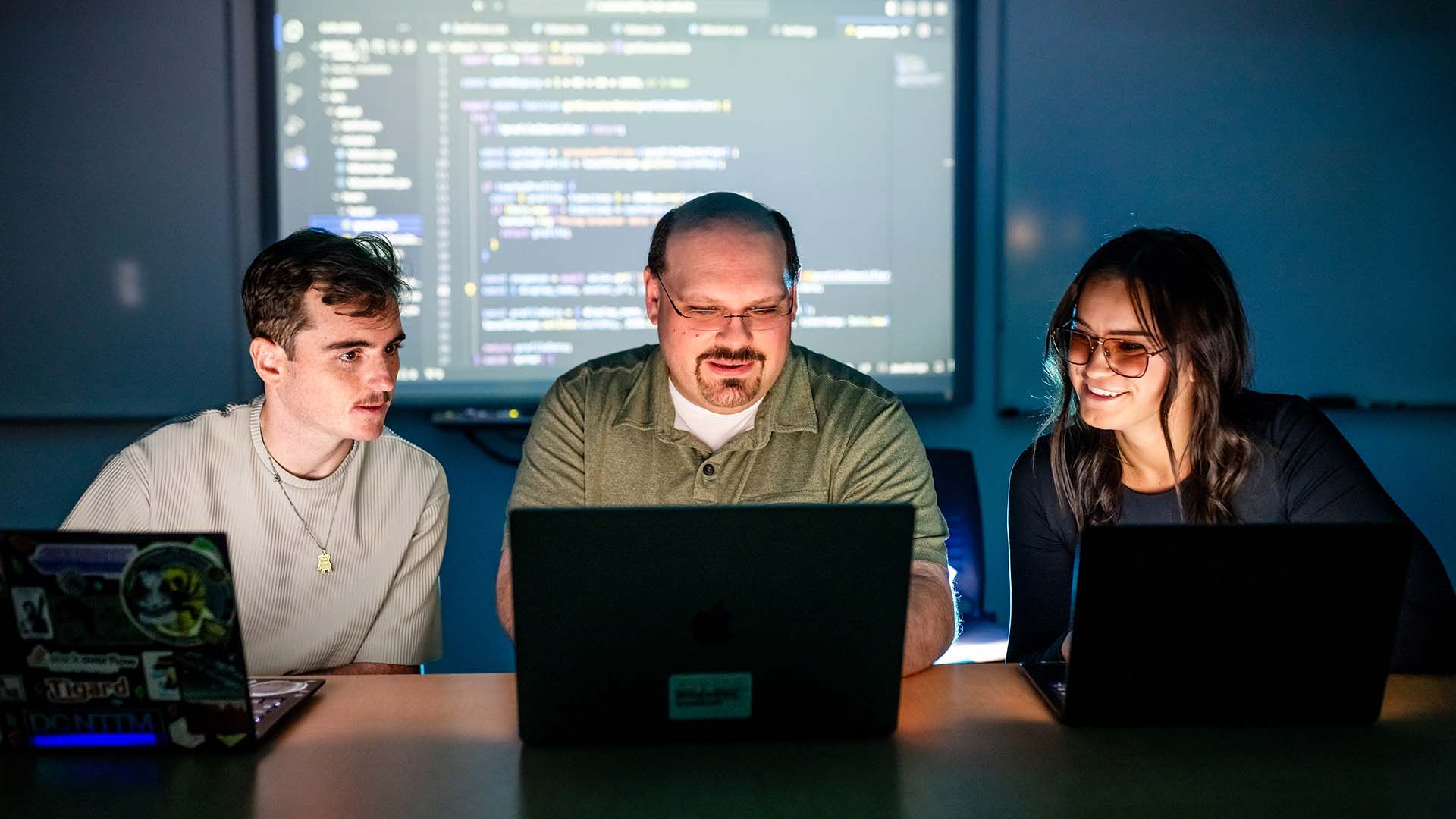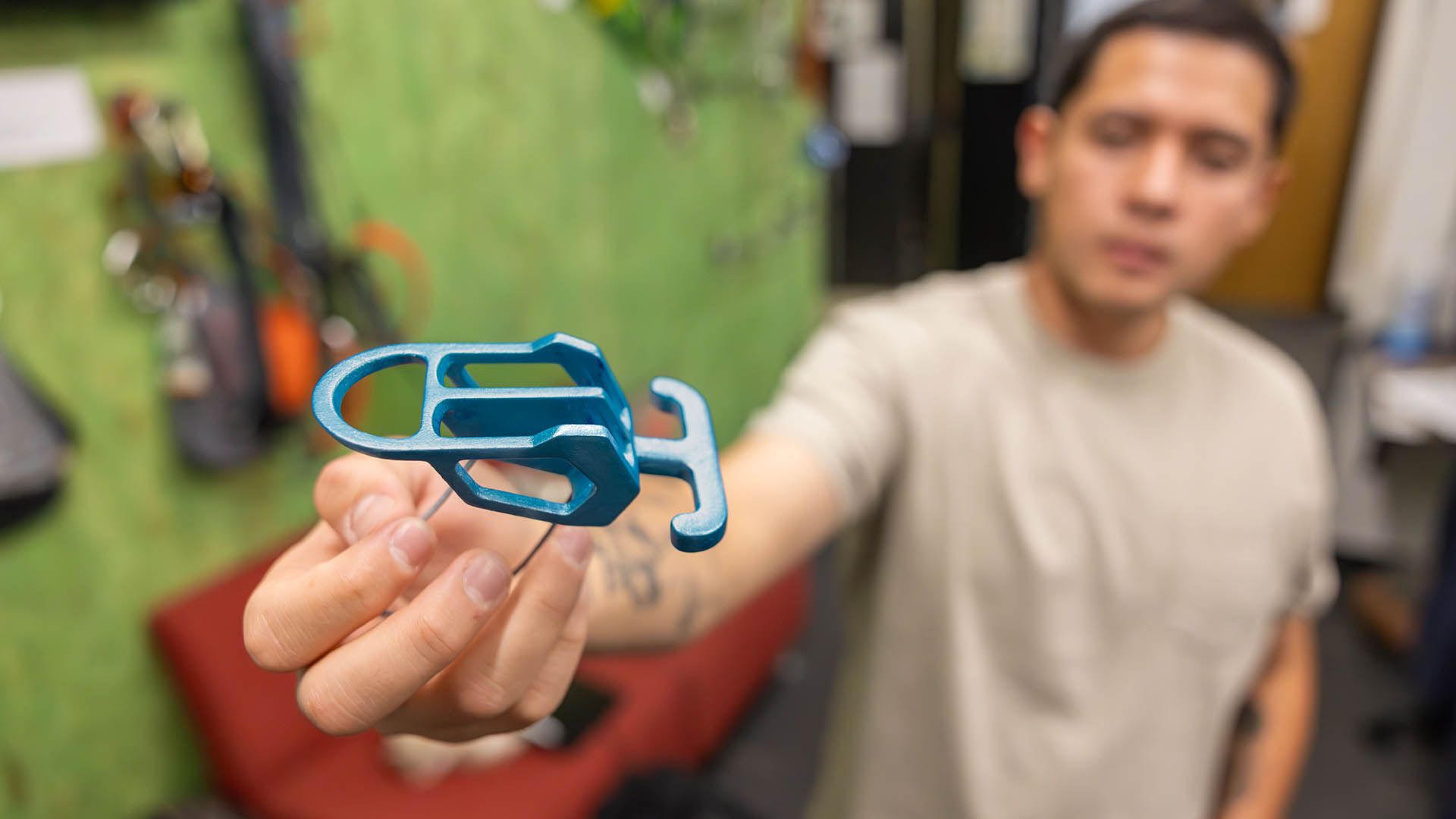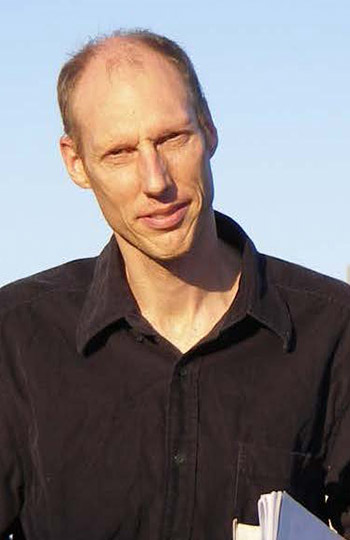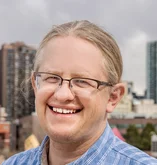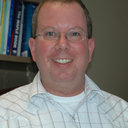Tapping into your potential (energy)
Want to know one alum’s formula for landing a prestigious internship and a path to doctoral studies in physics? Read on.
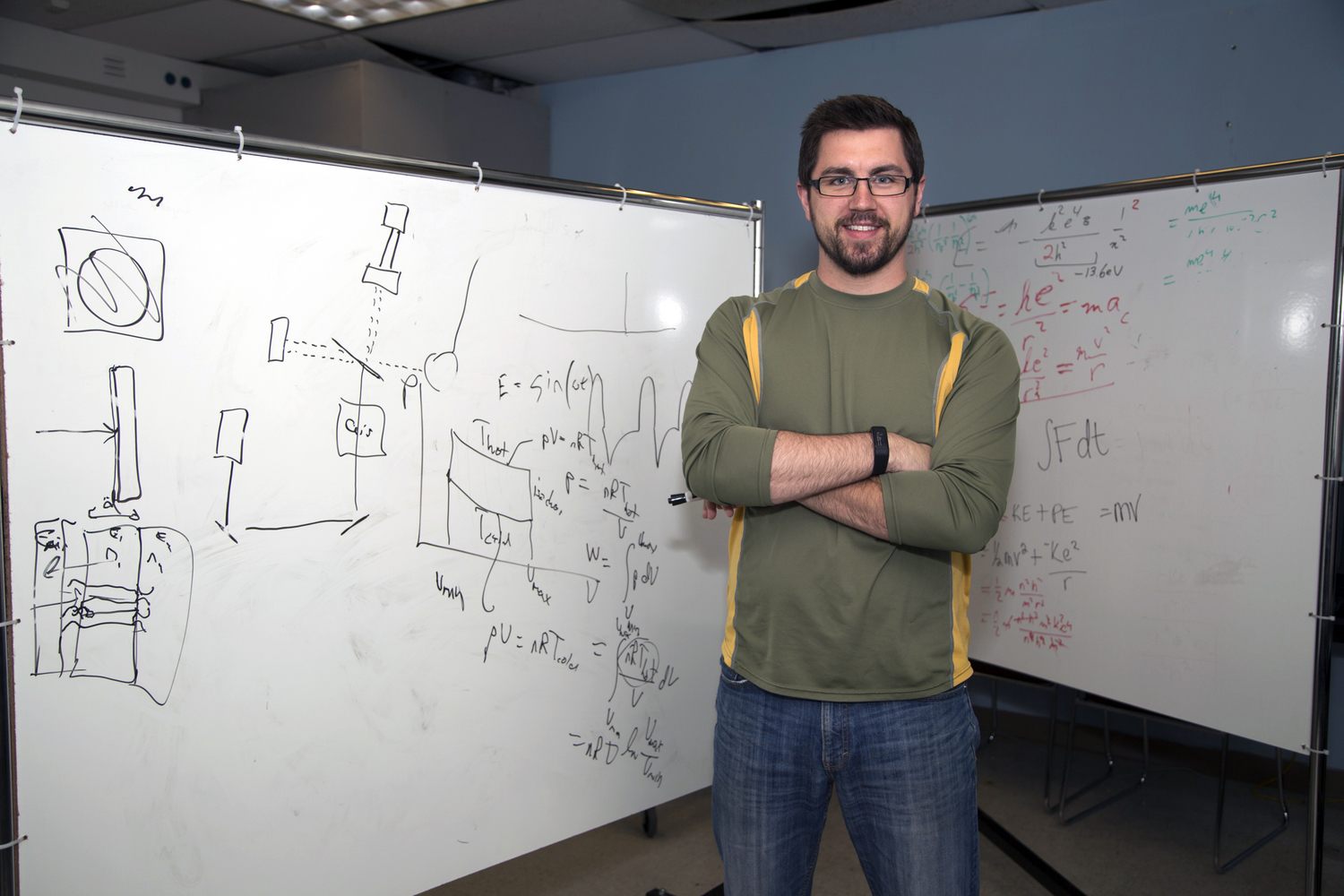
Mike Roos is charged up for success. The 2017 graduate with a double major in physics and applied math begins doctoral work in physics shortly and just wrapped up a prestigious internship at the National Renewable Energy Laboratory this summer.
Fueling his journey is an irrepressible spirit of inquiry. And for Roos, the fire was lit from his Roadrunner experience.
“Physics is a puzzle; it’s a problem-solving degree,” he said. “It not only trains you to think outside of the box – it shows you how the box works.
“I owe a lot to MSU Denver for that – being accepted here was the luckiest thing that could’ve happened to me,” he added.
One person Roos credited for his success is Azure Avery, Ph.D. The assistant professor of physics had conducted extensive postdoctoral work at NREL on carbon nanotube thermoelectrics – essentially a source of alternative energy that converts waste heat into electricity.
“[The NREL connection] is a glimpse into a national lab and the work that goes on as part of a career there,” Avery said. “If you’re interested in energy science at all, this kind of work is really interesting.”

Thanks to a memorandum of understanding between MSU Denver and NREL, Roos was able to get involved in project-based work at the facility throughout his final year of school. Landing the prominent internship was a natural continuation of the applied research process that paved his road into upcoming doctoral study at the University of Denver.
Run by the U.S. Department of Energy, the Science Undergraduate Laboratory Internship encourages students to pursue careers in science, technology, engineering and math (STEM) fields after graduation while providing invaluable applied research experience. And with it came the opportunity to advance the research into thermoelectrics initially kicked off by Avery.
“It’s a project NREL was interested in working on, but they were oversubscribed,” she said. “This is a chance to move forward with work that might not happen without student interns [such as Roos].”
NREL senior scientist and group manager Jeffrey Blackburn, Ph.D., says the organization looks for students who are ready to dive headfirst into the experience. And Roos’ excitement to roll up his sleeves was a defining factor in his success.
“He’s been really motivated and enthralled by science; it’s been great to work with him,” Blackburn said. “Any time you have someone who has that interest, it makes it easier for them to keep learning more and more each day.”

For Roos, the work was a natural fit for someone always wondering why.
“At NREL, there’s a culture of constant inquiry,” he said. “And like MSU Denver, the passion is palpable and contagious. I could spend all day there and be happy.”
Supercharged success wasn’t a foregone conclusion, however.
Four years ago, Roos found himself tending bar to make ends meet. And without a high school diploma, the future was as cloudy as an unwashed highball glass.
Then he decided to apply a laser-like focus to his road ahead: He studied, got his GED, acquired an associate degree, then became a Roadrunner. That’s when things really took off for Roos, who acknowledged the community-oriented physics department and its passionate work ethic as infectious, fueling his transformation.
“MSU Denver gave me that chance,” he said. “If you have the mindset to work hard, that’s the thing that sets you apart. You get a shot regardless of who you are or where you come from.”

As for current Roadrunners, Roos was emphatic in his support to pursue internships in any area of study. He pointed out how classes gave him the tools to succeed but said applied experiences such as the SULI opportunity, leadership of the Society of Physics Students and a trip to the Very Large Array telescope in New Mexico helped define his professional path.
“My career potential and overall joy in what I do has been increasing exponentially,” Roos said. “Dr. Avery, Dr. Blackburn and everyone in the [University’s] departments are a huge factor; I can’t thank them enough.”
He added: “The more I’ve learned, the more I realize there’s so much left that I don’t know – and I’m excited to find out.”

